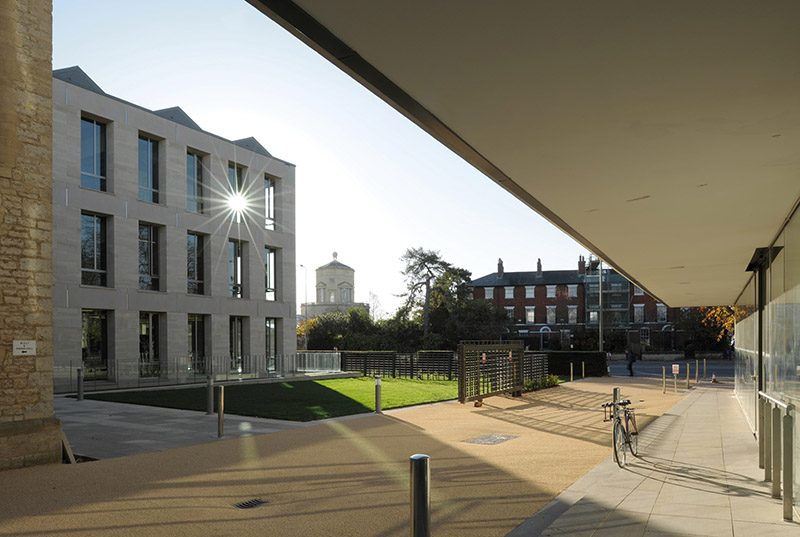
St Anne's Lodge 01865 274 800
The Lodge is staffed 365 days a year. You can attend the Lodge on college site if you need urgent help or could call on 01865 274 800.
Lodge staff are trained in first aid and can assist in seeking further emergency support.
In an emergency
If there is a medical emergency where there is a threat to life, if someone is in danger, or there is a fire or traffic collision call 999.
If you are on college site, please notify the Lodge of your 999 call so they may direct the emergency services to your location.
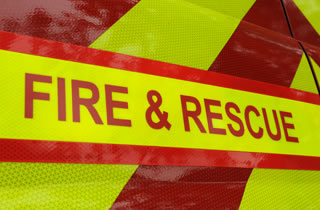
Fire and Rescue
If there is a fire, or a traffic collision which may involve injury or danger to other road users call 999.
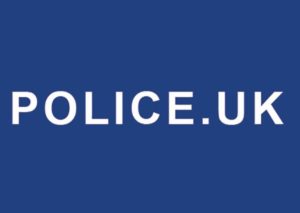
Police Emergency
If someone is in immediate danger or if a situation is getting heated or violent, and you need help right away call 999.

Medical Emergency
999 is for life-threatening emergencies only.
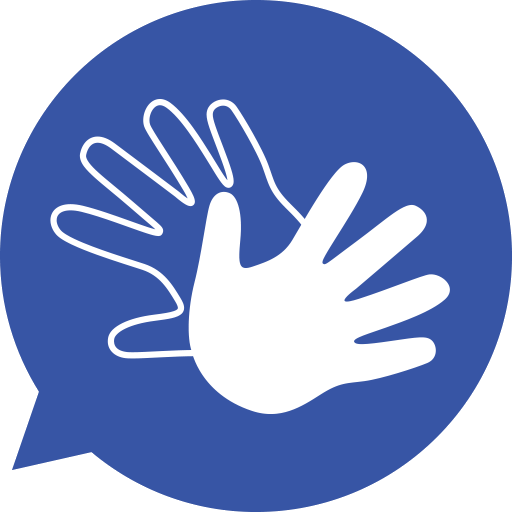
British Sign Language 999
British Sign Language (BSL) video call to 999.
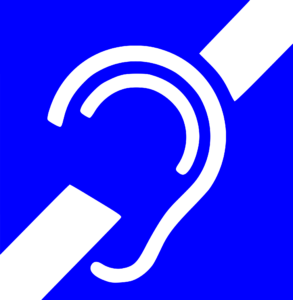
999 Text Relay
Deaf people can use 18000 to contact 999 using text relay.
Non-emergency support
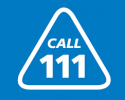
Call NHS 111 for Medical & Mental Health Support
Call 111 for any physical and mental health needs, they will assess and advise what treatment you may need including whether you should see a Doctor, attend an Urgent Treatment Centre or Emergency Department.
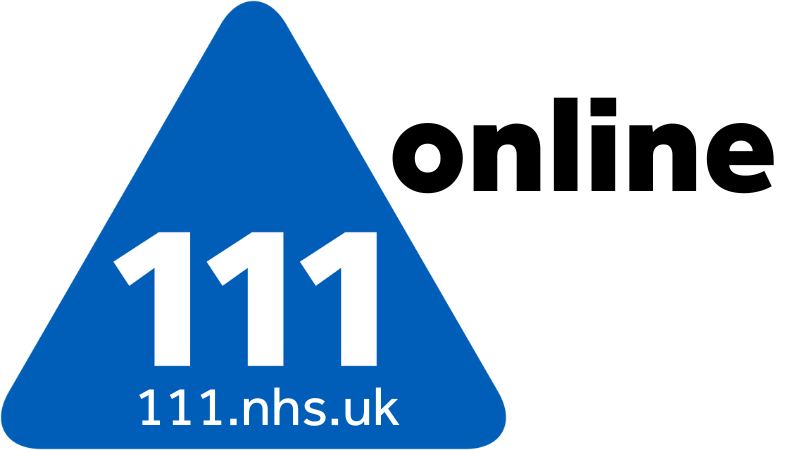
NHS 111 Online
Digital triage service similar to calling 111

Urgent Treatment Centres
Urgent help when it's not a life-threatening emergency

Accident & Emergency Oxford
Emergency Department for life threatening emergencies.

Police 101
For reporting crime or other concerns that do not require an emergency response Call 101 or make a report online.
In distress or having thoughts of suicide

Call 111 for Mental Health Support
Call 111 for mental health needs, they will assess and advise what treatment you may need including whether you should see a Doctor, attend an Urgent Treatment Centre or an Emergency Department.
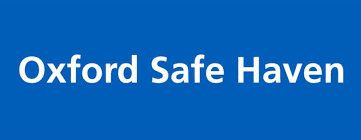
Call 01865 903 037 (5pm-10pm)
A non-clinical space offering crisis support, signposting, safety planning and listening support. One to one online, phone or face to face support.
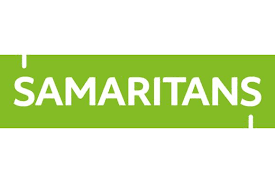
Call 116 123 (any time)
If something's troubling you, get in touch by telephone, email or visit to speak to someone face to face, even if you are worried about someone else.

Call 0800 068 41 41 (any time)
Call, text, email. For young people under the age of 35 experiencing thoughts of suicide, or anyone worried a young person could be thinking of suicide.
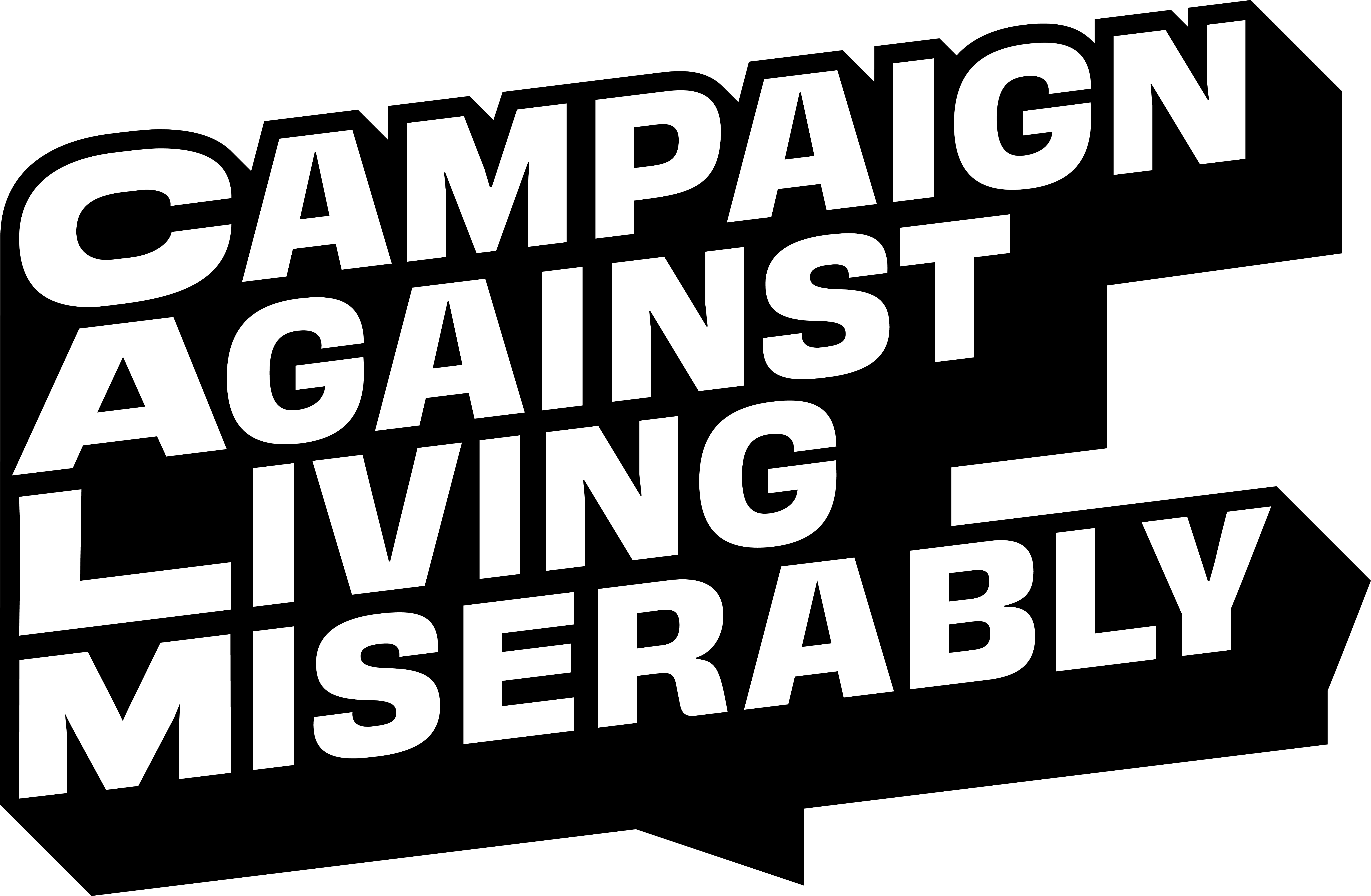
Call 0800 58 58 58 (5pm-12pm)
Call or Webchat. For everyone who’s struggling, life-saving support for anyone affected by suicide or suicidal thoughts
Sexual Violence and Spiking
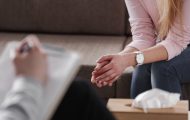
Support following sexual violence
Information on healthcare, specialist support and reporting options following sexual assault.

What to do if you suspect Drink Spiking
Spiking is where someone adds alcohol or another substance to a drink without consent. This is a crime. Spiking with the intention of making someone more vulnerable to assault, rape or robbery is an even more serious criminal offence.
If you think someone you're with has been spiked:
- Don’t let them drink any more. If you can, preserve the drink
- Tell a member of staff at the venue
- If the perpetrator is still present, you may wish to call police
- Stay with your friend, keep talking to them
- Don’t let them go home with someone they don’t know
- If possible, accompany them home
- Encourage them to drink water and not to drink any more alcohol
- Call 111 for advice if they feel unwell
- If you are in College, you can contact the Lodge for assistance
- Urine testing kits for personal use are available at the Lodge
- Following the incident, seek support from the welfare team

Police Emergency
If you need help right away call 999. To make a report after the event call 101 or report online.
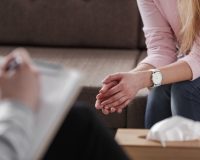
Sexual Violence Support following spiking
If you have been, or think you may have been assaulted, here you can find out about health care and specialist support.

Sexual Harassment and Violence Support Service
Please consider talking about your experience with SHVSS, whether or not it involved any sexual harm.
Safety Schemes
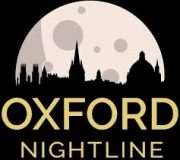
Nightline Get Home Safe
If you're walking home and want someone to talk to, you can call Nightline 01865 270 270 8pm-8am 7 nights a week during weeks 0-9 of the undergraduate terms.
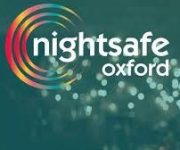
Nightsafe Oxford
Nightsafe Oxford is a new network that has formed in order to provide a unified approach to help prevent Violence against Women and Girls in Oxford at night. The network brings together partners and organisations in the night-time economy, including the police, CCTV operators, Street Pastors, night bus drivers, taxi drivers, licensed premises, door supervisors and university security services. All working together to make Oxford a safe and enjoyable destination for a great night out.
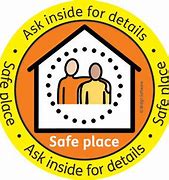
Oxford Safe Places
An important part of the Nightsafe Oxford Network is the Safe Places scheme, where Network members with premises provide a place where people can get support in a safe environment. A range of businesses including city centre pubs, clubs and hotels have signed up to join the scheme. These include The Randolph, Malmaison, The Westgate, Four Candles, James Street Tavern, The Bullingdon, The Library, O2 Academy.
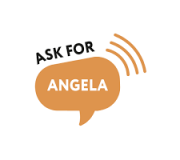
Ask For Angela
Ask for Angela is the national scheme that helps anyone who is feeling vulnerable on a night out to get the support they need. Simply ask a member of staff in any venue to speak to 'Angela' and they will assist you with finding safety and support.